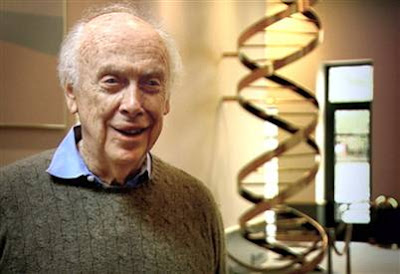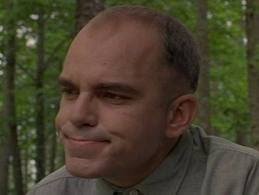
Meditation sounds like a great idea from the perspective of a healthy: anything that calms and focuses the mind is a good thing (and without pharmaceuticals: even better!).
Personally, I tried Transcendental Meditation as a kid...more to do with my mother than with me...and found it to be boring. I have trouble keeping my thoughts still. They wander to what I want for dinner and should I write about this on Shrink Rap and will Clink and Victor ever eat crabcakes with me again and did I remember to give my last patient informed consent and a zillion other things. Holding my thoughts still is work.
The New York Times Well blog has an article on Meditation and Brain Changes. In "How Meditation May Change the Brain," Sindya N. Bhanoo writes:
The researchers report that those who meditated for about 30 minutes a day for eight weeks had measurable changes in gray-matter density in parts of the brain associated with memory, sense of self, empathy and stress. The findings will appear in the Jan. 30 issue of Psychiatry Research: Neuroimaging.
M.R.I. brain scans taken before and after the participants’ meditation regimen found increased gray matter in the hippocampus, an area important for learning and memory. The images also showed a reduction of gray matter in the amygdala, a region connected to anxiety and stress. A control group that did not practice meditation showed no such changes.
-------Lower stress, lower blood pressure, higher empathy.... I may have to give meditation another try. The cartoon above, by the way, shows Roy leading a meditation session. Now there's a thought.
















